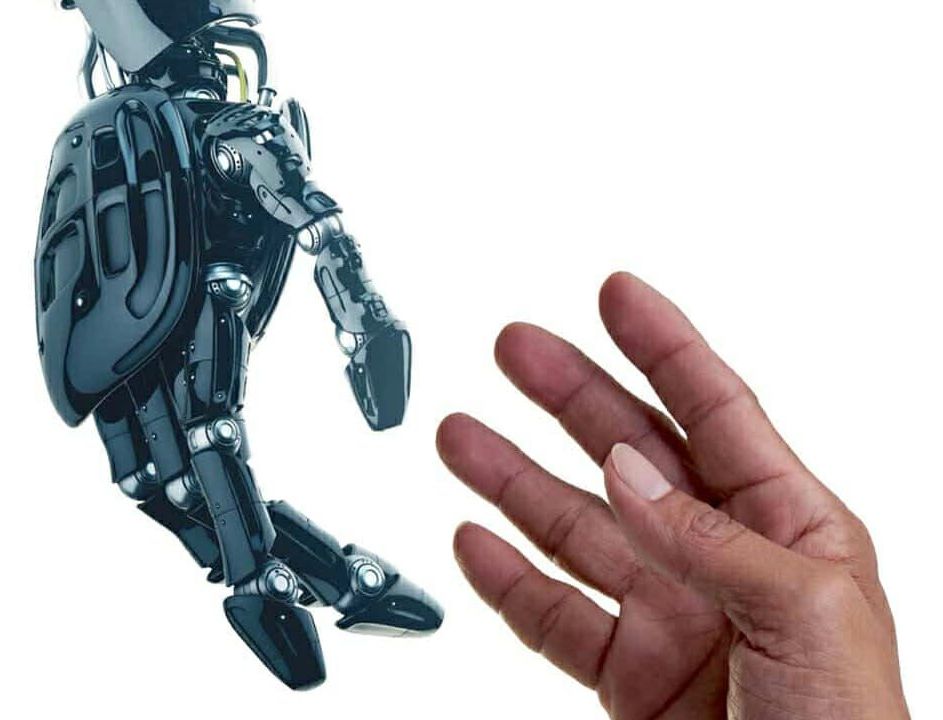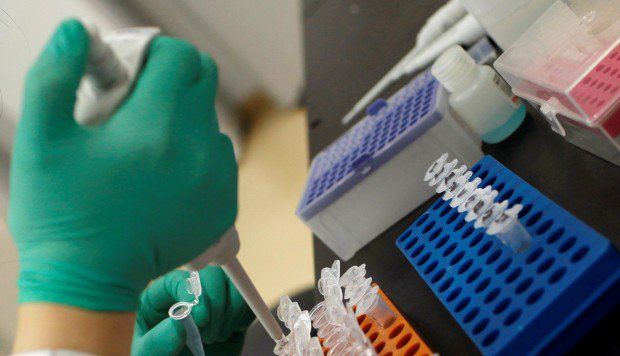
Current brain-computer interface (BCI) research helps people who have lost the ability to affect their environment in ways many of us take for granted. Future BCIs may go beyond motor function, perhaps aiding with memory recall, decision-making, and other cognitive functions.
Have you ever studied a foreign language and wished you could upload the vocabulary lists directly into your brain so that you could retain them? Would you like to do mental math with the speed and accuracy of a calculator? Do you want a literal photographic memory? Well, these dreams are still the stuff of science fiction, but the brave new world of brain-computer interfaces, or BCI, is well on its way to making technological miracles of this sort a reality.
The story of BCI begins with the discovery of electrical signals emitted by the brain. In 1924, German scientist Hans Berger recorded the first electroencephalogram, or EEG, by placing electrodes under a person’s scalp. Although his research was at first met with derision, a whole new way to study the brain was born from his work. It is now well accepted that the human brain emits electric signals at a variety of frequencies currently known as brainwaves.
Continue reading “Brain Meets Machine: The Art and Science of Brain-Computer Interfaces” »


















